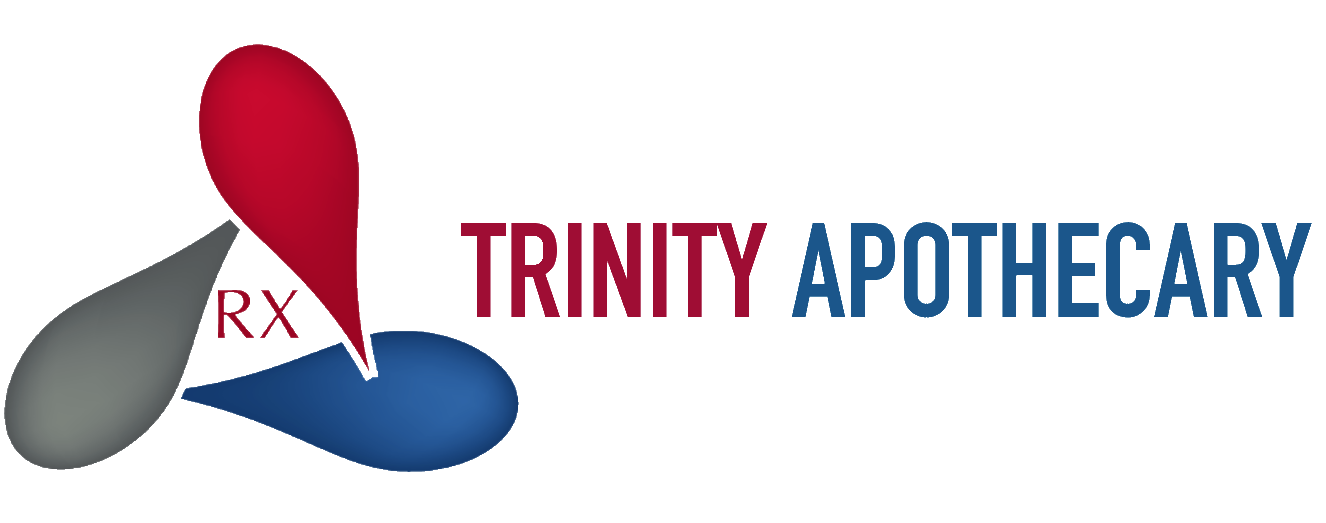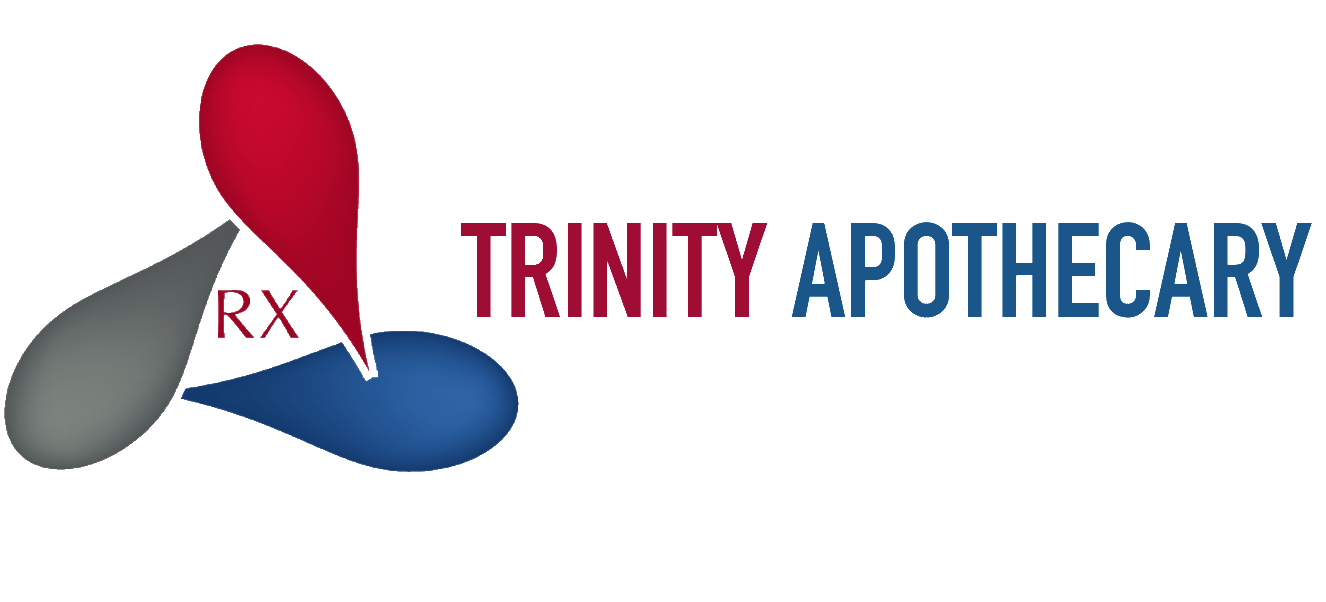Painful prescription: Pharmacy benefit managers make out better than their customers
In late 2008, Meridian Health Systems, a nonprofit that owns and operates six hospitals in southern New Jersey, hired a new pharmacy benefits management (PBM) company to help reduce the surging medication costs for its 12,000 employees and their families. Express Scripts, which has since become the largest PBM in the country, projected that it would slice at least $763,000 from Meridian’s $12 million in annual drug spending.
But just three months into the contract, Meridian discovered that its bills were soaring, on pace to balloon by $1.3 million in 2009. Express Scripts insisted that, in reality, Meridian was saving money.
Robert Schenk didn’t buy it. He oversees Meridian’s spending on medications for employees and its in-house pharmacy. Schenk, 57, had once owned two small-town drugstores but sold them in part because of relentless price-lowering pressure from PBMs. He knew firsthand how little pharmacies were paid relative to what customers were charged.
Schenk decided to figure out where Meridian’s money was going and why its drug costs were escalating. That was no easy task because, like most PBM customers, Meridian received data only on what it was being charged for each employee prescription. Meridian didn’t know what it cost the PBM to fill that order. Then Schenk had a stroke of inspiration. He realized that Meridian had a second stream of data that almost no other PBM customers had: Its in-house pharmacy was paid by Express Scripts for many prescriptions. That meant Meridian could see both what the PBM was paying to buy drugs and what it was selling them for.
When he compared the two lists, the mild-mannered pharmacist was shocked: Express Scripts was making huge gross profits (known as “spreads” in the PBM world) ranging from $5 per order to many multiples of that. In one particularly extreme example, Meridian was billed $92.53 for a prescription for generic amoxicillin filled at an outside pharmacy. Meanwhile, Express Scripts paid $26.91 to Meridian’s own pharmacy to fill the same prescription. That meant a spread of $65.62 on one bottle of a generic antibiotic.
Schenk went down the list of drugs, finding prescriptions that matched exactly. The margins were enormous. Schenk was convinced that, as he puts it, “this has to be illegal.” He was certain Meridian would report egregious fraud to state authorities. But his greater shock came when he combed through its contract. “I couldn’t believe it,” Schenk recalls. The contract had no restrictions on the PBM’s spreads.
Express Scripts vehemently insists it saves money for clients and that the vast majority are satisfied with its service. And like any company — to state the obvious — it’s entitled to a profit. The question is, who is making out better — the PBM or its customers? Many experts say the former. Total industry revenues exceed $250 billion, according to J.P. Morgan analyst Lisa Gill. The big prescription managers — Express Scripts, CVS Caremark, and OptumRx control about 70% of all U.S. prescriptions — have become some of the most potent players in health care. PBMs determine where patients fill their prescriptions. They decide what drugs people will take and how much pharmacists will get reimbursed for dispensing them. They shift patients to generic drugs and require them to fill basic prescriptions at the PBMs’ vast mail-order pharmacies. And with some 30 million Americans expected to gain prescription-drug coverage through the Affordable Care Act, PBM use is likely to continue increasing.
In 2008, Express Scripts paid $9.3 million to settle a suit by New York and 28 other states that claimed it deceptively inflated costs for state employees, in part by secretly switching to higher-cost drugs, and that it allegedly pocketed millions in manufacturer rebates. Express Scripts agreed to reforms to make it more transparent. Mark Merritt of the PBM trade group says this settlement helped establish the “rules of the road” for an “emerging industry.”
Since, Meridian chose Envision Pharmaceutical Services, which charges a flat fee for every prescription filled — nothing else. In the first year of Meridian’s new contract, its drug bill dropped by $2 million.
– See more at: http://katherineeban.com/2013/

